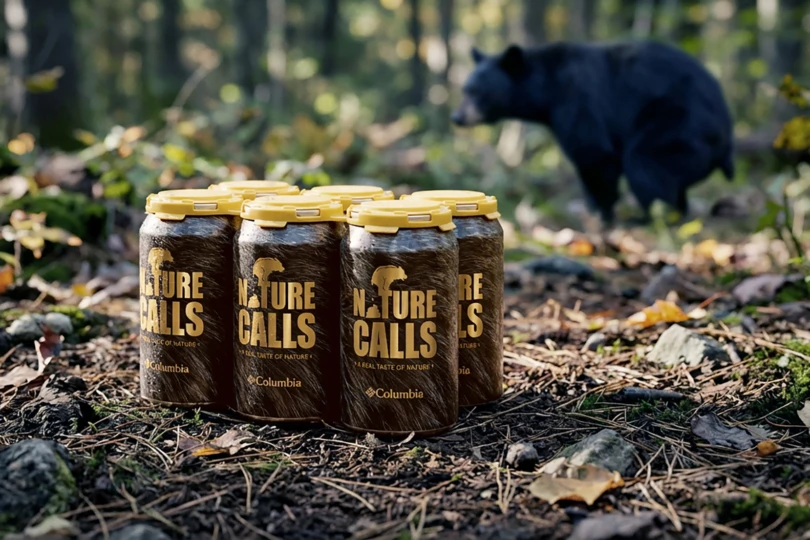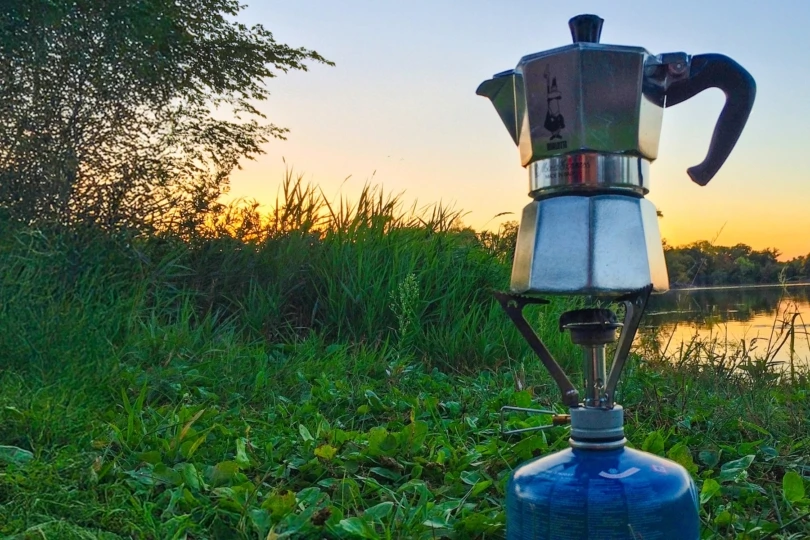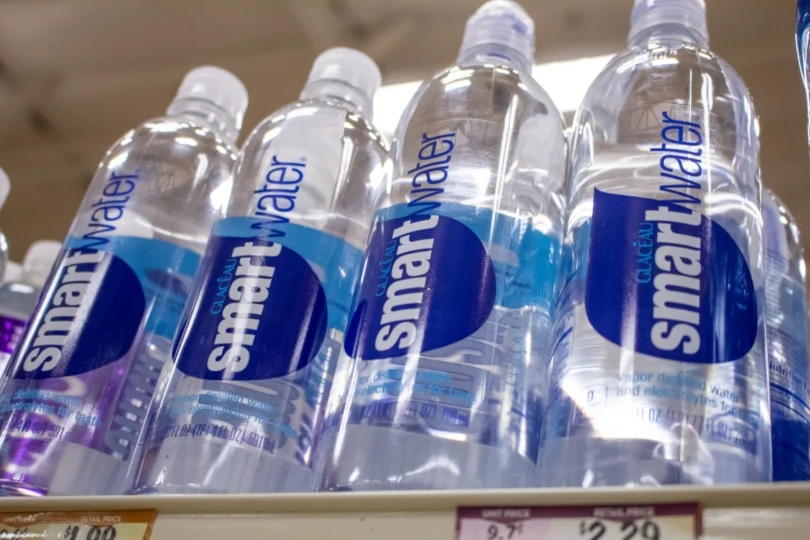New materials, better foam, and ‘plastic’ coolers that can biodegrade represent a new eco-ethos at the massive cooler brand.
The Playmate cooler debuted in 1971. Its pivoting lid and grab-ready handle have kept it popular through generations as a time-tested design. Millions are in circulation today, and from campers to picnickers, the foam-insulated plastic case has earned trust to keep drinks and food cold.
Next year, the Playmate line gets an eco-upgrade. As a company, Igloo is working to minimize its dependence on petroleum-based materials. The new Playmate, pictured above, functions and feels like a regular cooler. But the brand made the model, which will come to market in 2021, out of a sustainable “bio-plastic” originating from an unusual source.
Igloo calls it the world’s first bioplastic cooler, stating “innovation with bioplastics may signal less dependence on petroleum-based resins for the entire cooler industry.”
Eco-Friendlier Igloo Cooler
Coolers have long been big business in Texas. From a manufacturing plant in the town of Katy, Igloo outputs about 50,000 of its iconic coolers each day.
That’s 16 million coolers shipped per year. And along with that demand the company sources millions of pounds of plastics, resins, foam, and other materials of varying environmental consequence and footprint.
Last year, the company made waves with its RECOOL. The pulp-based product is eco-friendly and biodegradable. Igloo designed it to replace throwaway Styrofoam coolers that end up in landfills or, worse, in the ocean and other natural places as litter.
Igloo sold 250,000 pulp coolers over the past year. That ostensibly stood in for 250,000 Styrofoam coolers that would have otherwise been moved through the market and on into the environment or garbage dump.
From the success and trajectory of the RECOOL, the brand this month announced several eco-focused initiatives. “We have changed as a company,” said CEO Dave Allen. “There is a new energy, and people are rallying behind the moves to be more sustainable.”
A Cooler Made From Sugarcane
On its quest for a better cooler line, Igloo explored wood pulp, foam options, agave plant fibers, and even insulation made from wool. It adopted new suppliers and analyzed the environmental footprint of its resins and raw materials.

The company found a new partner in a group based in South America. Using the unlikely ingredients of leftover waste from a sugarcane-processing plant, a Brazil company creates a bio-plastic resin with no petroleum base.
I opened the lid of the eco-Playmate at a product-launch event last week. It pivoted smoothly at the press of a button, a sleek, triangular lid moving downward over the dimpled sidewall face. Green was an apt color choice for the eco-Playmate, which the company built as both a marketable unit and a proof of concept for what its entire line of coolers could become.
The setting was a plant-filled restaurant and outdoor venue in Corona Del Mar, California. A presentation emceed by Igloo marketing VP Brian Garofalow included a cast of people from the Igloo orbit talking about sustainability moves taking place inside the walls of the plant in Katy, Texas.

At the event, the company revealed a new business category focused on community stewardship and education. It’s a multifaceted program, with products, partnerships, and internal initiatives. The goal is to become the world’s most environmentally friendly cooler company.
Soft-Sided to Foam
This year, the brand’s soft-sided line will be made with REPREVE materials from Unifi. The fabric is derived partially from recycled plastic bottles. More than 20 bag styles are in the new collection, which was created for carrying lunch and snacks.
Igloo notes that, on average, nine plastic bottles are used to make one of its soft-sided coolers. It estimates the collective effect of REPREVE in the 2020 line will represent more than 1,000,000 plastic bottles recycled.
A second initiative is focused on foam. With millions of coolers made each year, Igloo’s appetite for insulating foam is almost insatiable. The current concoction, an expandable polymer that’s injected into plastic sidewalls when a cooler is built, releases chemicals into the air.

Igloo created a new product, Thermecool insulation, in response to new California air regulations. Igloo partnered with BASF to make a proprietary formula. The company cites the new foam formula as “over 50 times better for the environment” than industry standards.
Every hard-sided cooler manufactured in the U.S. by Igloo will use it. That means about 16 million coolers made in the Katy, Texas, manufacturing plant. Igloo estimates the net effect could be similar to removing more than 85,000 cars from American roads for a year.

Environmental Partnerships
Two nonprofit groups were a part of the Igloo launch. The Surfrider Foundation, which has a mission to help protect oceans, will be releasing a collab Playmate cooler with Surfrider graphics on the side. All proceeds from sales will be donated to the foundation.
Keep America Beautiful, a nonprofit focused on cleanups and the elimination of litter, has a new partnership with Igloo. The two entities are building a program to allow consumers to recycle coolers after years of use.
The program will collect old coolers and recycle them into raw resins. And the brand can use these materials to make new products, eliminating the need for purchasing new petroleum-based resins.
Garofalow said this only recently became an option. New technology lets the brand break down the used plastic from older coolers and make it usable for a second life. “We’ll be able to take them in, grind up the material into pellets, and feed them into a process to make new coolers at our plant,” he said.
American-Made Benefits
Beyond the partnerships and new products, Igloo’s made-in-the-USA standard has significant eco-advantage. Unlike cooler companies who manufacture overseas and ship via ocean freight to America, Igloo has “a low environmental impact of transportation to retailers and end consumers.”
Finally, this year the brand upgraded its manufacturing floor. It installed new machines that re-grind plastic waste. The process lets workers use formerly discarded material and immediately recycle it.

Igloo combines that waste with new material, estimating that up to 60% of every plastic cooler will now comprise recycled material. The goal is to reconfigure the manufacturing floor and workflow for efficiency and environmental advantage.
“Igloo is able to operate a nearly zero-waste facility,” the brand cites in press materials about its initiative.
“This is the start of where Igloo is going,” Allen told me at the Corona del Mar event. “We’ve seen change already, and it will only get better.”








